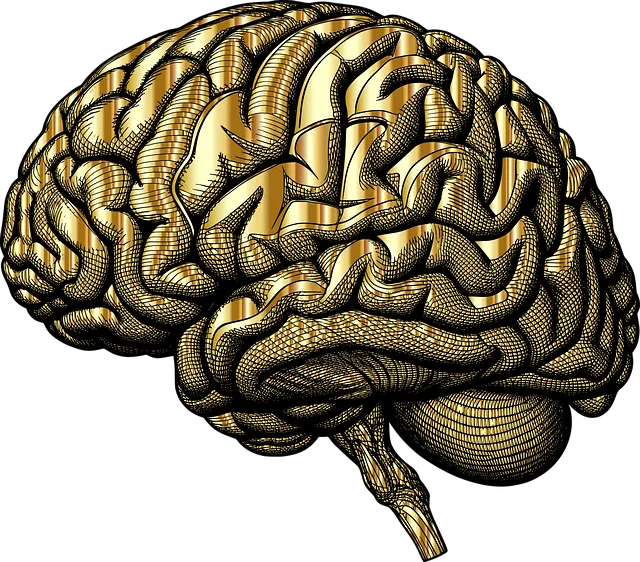Lone Tree Kaiser Permanente offers compassionate crisis intervention with evidence-based strategies, focusing on mindfulness, emotional regulation, and self-care. Their behavioral health services, backed by positive reviews, empower individuals to navigate mental health crises through coping mechanisms, healthy habits, and ongoing support. The program combines active listening, validation, and education to build resilience and promote long-term mental wellness.
At Lone Tree Kaiser Permanente, we understand that crisis intervention plays a pivotal role in empowering individuals during challenging times. This article delves into effective strategies tailored from a professional perspective, drawing insights from our robust behavioral health services. We explore powerful tools to navigate critical moments, highlighting the importance of support and care in crisis intervention. Through practical guidance, learn how our behavioral health services reviews have emphasized the transformative potential of these interventions, fostering resilience and recovery.
- Understanding Crisis Intervention: A Lone Tree Kaiser Permanente Perspective
- Behavioral Health Services: Tools for Navigating Critical Moments
- Effective Strategies: Empowering Individuals Through Support and Care
Understanding Crisis Intervention: A Lone Tree Kaiser Permanente Perspective

At Lone Tree Kaiser Permanente, we recognize that crisis intervention is a critical component of our behavioral health services. It involves providing immediate and targeted support to individuals facing acute mental health challenges. Our approach is rooted in empathy and evidence-based practices, ensuring that each person receives personalized care tailored to their unique needs. By integrating various strategies, such as active listening, emotional regulation techniques, and conflict resolution techniques, we help individuals navigate tumultuous situations and foster resilience.
The role of self-care routine development for better mental health cannot be overstated in our crisis intervention philosophy. Encouraging clients to engage in activities that promote well-being, like mindfulness exercises or regular physical activity, empowers them to take charge of their mental health. Through comprehensive assessments and ongoing support, we guide folks through the process of identifying triggers, building coping mechanisms, and cultivating healthy habits, ultimately enhancing their ability to manage future crises effectively. Our goal is not just to intervene but to empower individuals with the tools needed for long-term mental wellness.
Behavioral Health Services: Tools for Navigating Critical Moments

Lone Tree Kaiser Permanente behavioral health services reviews highlight a vital resource for navigating critical moments. These services offer a range of tools designed to support individuals during stressful and challenging times, emphasizing the importance of mental health in crisis intervention. One effective strategy is the integration of mindfulness meditation practices, which have been shown to reduce anxiety and promote emotional regulation, making them invaluable in managing acute crises.
Additionally, Lone Tree Kaiser Permanente’s Mental Health Education Programs Design cater to diverse needs by providing Self-Awareness Exercises that foster understanding and coping mechanisms. These programs not only educate but also empower individuals with the skills to navigate their mental health journeys more effectively. By combining evidence-based techniques, these services create a supportive environment, ensuring that those in need can access prompt and compassionate care during their most vulnerable moments.
Effective Strategies: Empowering Individuals Through Support and Care

In crisis intervention, one of the most effective strategies is empowering individuals through support and care. Lone Tree Kaiser Permanente behavioral health services reviews consistently highlight the importance of creating a safe and non-judgmental space for individuals in distress. This involves active listening, validating their feelings, and offering empathy. By fostering an environment of understanding and compassion, individuals can begin to build resilience—a key component in navigating future challenges.
Additionally, empathy building strategies play a pivotal role in crisis intervention. Mental wellness journaling exercises have gained popularity as a tool to help individuals process their emotions and thoughts. This practice encourages self-reflection, allowing people to gain insights into their experiences and develop coping mechanisms. These activities not only enhance mental wellness but also empower individuals to take control of their emotional well-being, much like Lone Tree Kaiser Permanente behavioral health services aim to achieve through their comprehensive reviews.
In conclusion, Lone Tree Kaiser Permanente’s behavioral health services, as explored through this review, offer valuable crisis intervention strategies. By combining a deep understanding of crisis situations with evidence-based practices, these services empower individuals to navigate critical moments and foster resilience. Integrating support and care into the process enhances long-term well-being, reflecting the commitment of Lone Tree Kaiser Permanente to comprehensive patient care.






